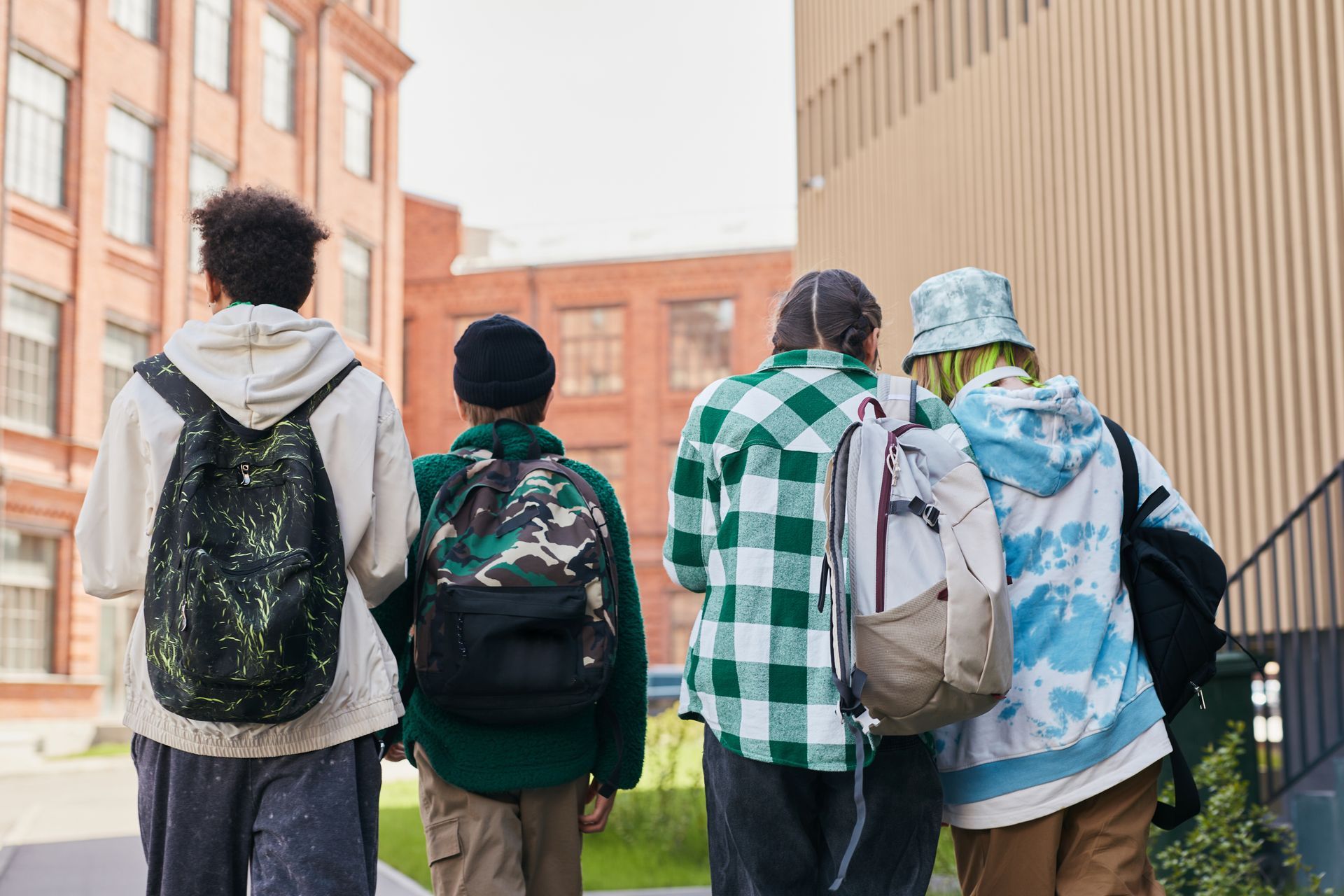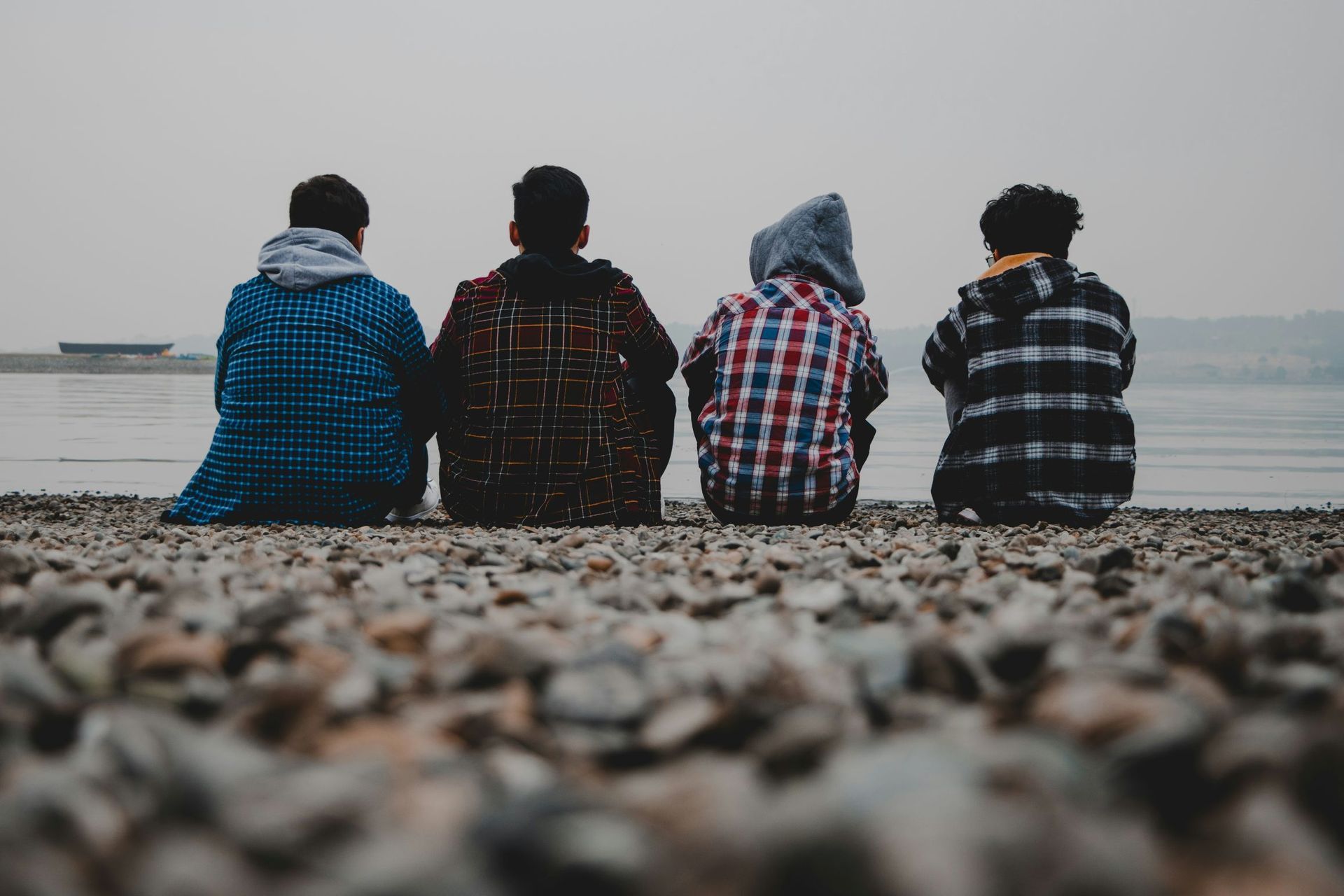The Definition of Sex Trafficking of Children
Sex trafficking of children is a heinous crime that continues to plague societies worldwide, causing immeasurable harm and trauma to its innocent victims. In order to effectively combat this pervasive issue, it is imperative for individuals and communities to have a clear understanding of what exactly constitutes sex trafficking of children. This blog explores the definition of sex trafficking of children, shedding light on the nuances of this appalling crime. By gaining a comprehensive understanding of the various factors at play in child sex trafficking, we can work towards eradicating this form of exploitation and ensuring that every child has the right to live free from fear and harm.
The Legal Definition of Sex Trafficking of Children
Definition: According to federal law, sex trafficking of children involves the recruitment, harboring, transportation, provision, obtaining, patronizing, or soliciting of a minor for the purpose of commercial sex acts.
Forced Labor: It is important to note that coercion does not have to involve physical force; it can also encompass psychological manipulation and control by traffickers.
Underage Victims: Any individual under the age of 18 who is involved in commercial sex acts is legally recognized as a victim of child sex trafficking.
Sex trafficking laws exist at both federal and state levels to protect minors from exploitation and abuse. Understanding these legal definitions is crucial in identifying and combating instances of child sex trafficking within our communities.
Factors Contributing to Child Sex Trafficking
Poverty: One of the main factors contributing to child sex trafficking is poverty. Vulnerable families struggling to make ends meet may be more willing to send their children away with traffickers in hopes of a better life or financial gain.
Lack of Education: Children who do not have access to education are at a higher risk of falling victim to sex trafficking. Lack of knowledge about their rights and limited opportunities for employment make them easy targets for traffickers.
Trauma and Abuse: Many children who end up in sex trafficking have experienced trauma or abuse in their past, leaving them vulnerable and susceptible to manipulation by traffickers. Mental health issues resulting from these experiences can also contribute to their exploitation.
Signs and Indicators of Child Sex Trafficking
- Unexplained absences from home or school
- Sudden changes in behavior or personality
- Bruises, scars, or other signs of physical abuse
- Inability to make eye contact or a fear of authority figures
Children who may be experiencing sex trafficking often exhibit these signs. It is crucial for parents and educators to remain vigilant and aware of any unusual behaviors that could indicate exploitation.
If you suspect a child is a victim of sex trafficking, it is important to report your concerns to the authorities immediately. Taking action can help protect vulnerable children and prevent further harm.
Impact and Consequences of Child Sex Trafficking
Psychological Trauma: Children who are victims of sex trafficking experience profound psychological trauma that can have long-lasting effects on their mental health. They may suffer from depression, anxiety, post-traumatic stress disorder (PTSD), and a host of other emotional issues.
Physical Health Risks: Beyond the psychological impact, child sex trafficking also exposes victims to serious physical health risks. These children are at higher risk for sexually transmitted infections (STIs), unwanted pregnancies, physical injuries, and substance abuse problems.
Social Isolation: Victims of child sex trafficking often face social isolation due to the stigma associated with their experiences. This isolation can further exacerbate their mental health issues and make it difficult for them to seek help or escape their traffickers.
Contact Hanlon Law for Legal Assistance
Sex trafficking of children is a grave violation of human rights and a serious criminal offense that involves exploiting minors for commercial sex acts through force, fraud, or coercion. However, under federal law, any minor under the age of 18 engaged in commercial sex is considered a victim of sex trafficking, regardless of whether force, fraud, or coercion is present. Our team at Hanlon Law understands the complexities of such cases and offers skilled legal assistance to address and navigate the legal challenges associated with these matters.
With a deep commitment to justice and the protection of victims, we are equipped to provide expert guidance and representation in cases involving the exploitation of children. Contact the skilled attorneys at
Hanlon Law to schedule a consultation. If you live in Orlando or in surrounding areas, be sure to
visit our website for more information on this topic.












